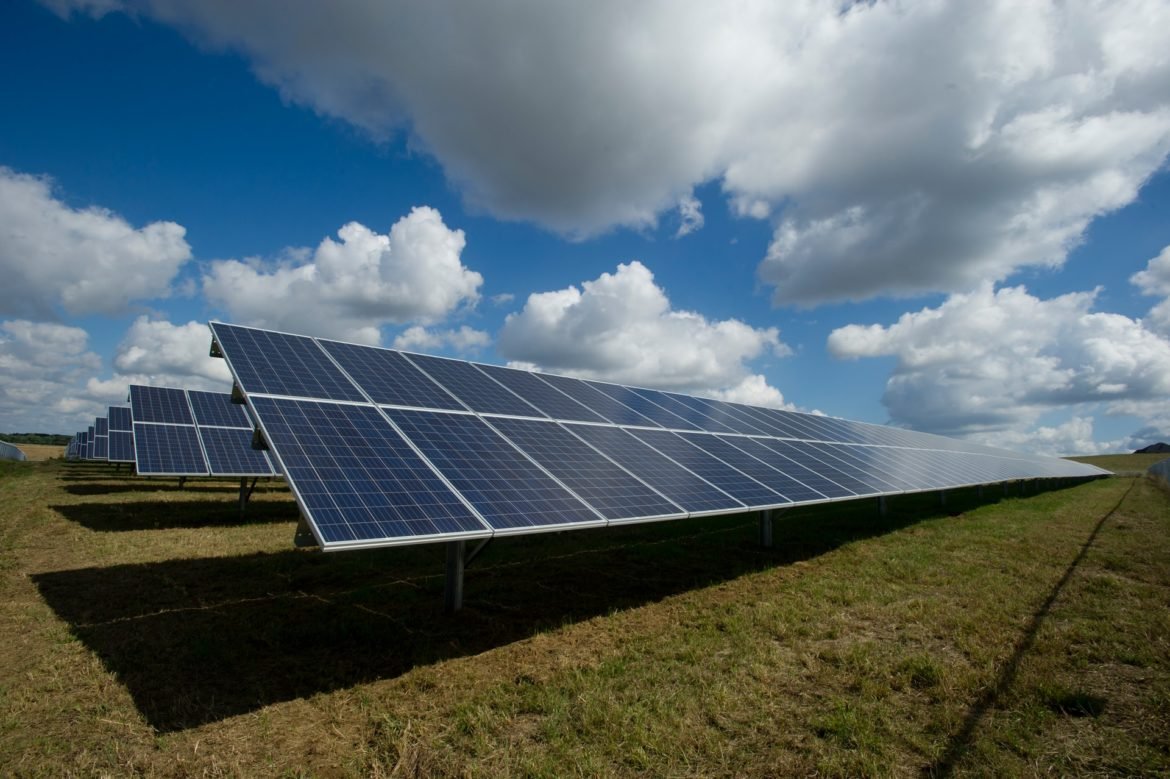Image Credit: File Photo
Most people understand that solar power is a great investment. Some of them even understand the types of solar panels that exist. Even fewer, however, understand the detail behind each of these options and how to find the one that best suits their needs.
Understanding this can help you pick out a system that will result in a high energy yield. All systems aren’t created equal. You need to find the system that works best for you.
If you’d like to know what are the different types of solar panels for sale, keep reading. We’re going to give you a guide on the major categories and help you decide which option is best for you.
Monocrystalline Solar Panels
These are a type of photovoltaic (PV) panels made out of a single, uninterrupted crystalline silicon structure. Monocrystalline solar panels are the oldest and most widely used technology in solar power. They are known for their high efficiency and long-lasting performance.
They are also relatively affordable and easy to install, making them ideal for homeowners and businesses. Polycrystalline panels produce more energy than monocrystalline panels. This is not as much as multi-crystalline panels.
Monocrystalline solar panels have a number of advantages. They typically have a higher efficiency rating than other types of panels and take up less space when installed. They also require less energy to manufacture. This makes them an attractive option for businesses with limited budgets.
Polycrystalline Solar Panels
These solar energy systems are made up of many small, crystalline wafers that are joined together to create a larger panel. These solar panels are highly efficient. This makes them great for small-scale residential or commercial applications.
They are also relatively affordable and easy to install, making them ideal for homeowners and businesses. Polycrystalline panels produce more energy than monocrystalline panels. This is not as much as multi-crystalline panels.
Polycrystalline solar panels are typically found on the rooftop of residential solars. Composed of silicon cells cut from a single crystal, the shape of the cells resembles that of a complex jigsaw puzzle. Their higher wattage output makes them very attractive for homeowners who need a quick and easy power source.
These are durable with good energy output. Thanks to their lower manufacturing costs. It often represents a more economical choice than other solar panels, such as monocrystalline panels.
They are typically good value for the money, although their efficiency is slightly lower. Polycrystalline panels also tend to be less efficient in hot, humid climates. This is because the cells produce less electricity when temperatures rise.
Thin Film Solar Panels
Thin Film Solar Panels are composed of multiple thin layers of semiconductor materials. Typically silicon, which produces electric power when exposed to sunlight. The thin-film material is typically less efficient than traditional crystalline silicon solar panels. It is much thinner and lighter.
This makes it easier and more efficient to install them on different surfaces, such as rooftops and vehicles. Some can even be made into flexible sheets for further versatility.
Thin Film Solar Panels are becoming increasingly popular for residential and commercial applications. They offer an efficient and cost-effective way to produce renewable energy from the sun. These lightweight, flexible panels are made from thin layers of photovoltaic materials. This converts light directly into electricity.
These thin films are usually composed of a variety of materials, including:
- cadmium telluride
- copper indium gallium selenide (CIGS)
Thin film solar panels boast several advantages, including their ability to convert a broad spectrum of light.
They require less raw material and less energy to manufacture. They are often more affordable than traditional silicon photovoltaic cells. This makes them ideal for local solar installation and commercial ones, especially in areas with limited space. They are highly tolerant of environmental conditions and angles of sunlight. This makes them highly versatile.
Integral Solar Cells
This is a type of solar panel consisting of direct current cells. These are connected together in an array and can generate electrical power when exposed to sunlight.
They are often used in buildings to power lights or air conditioning or to power appliances such as:
- water heaters
- pumps
Integral solar cells are characterized by having a thin-film or amorphous silicon structure, which allows them to be flexible and lightweight. They are manufactured in a variety of colors and shapes, depending on their specific applications.
Additionally, integral solar cells are well-suited for grid-tied operations. They can be connected to other solar cells to create a larger system capable of generating more electricity.
PERC Solar Panel
There are several different types of solar panels available today, but none are quite as efficient as PERC Solar Panels. PERC stands for “Passivated Emitter and Rear Cell,” which is the technology used to increase light absorption and, therefore, the efficiency of the solar panel.
Instead of using a single-junction cell, PERC Solar Panels are equipped with an extra, partially reflective layer. It captures the sunlight and directs it back inside the cell, thus increasing its efficiency.
They are also covered by a tempered-glass sheet, which helps protect them from weather damage and corrosion. As a result, PERC Solar Panels are the most efficient option among all the different types of solar panels available. This allows them to generate more electricity than any other type.
Knowing the Features of the Different Types of Solar Panels
Solar Panel technology is advancing rapidly. It offers a wide range of products for capturing energy from the sun. From the different types of solar panels, there is a product to fit everyone’s needs.
Invest in solar panels today and start benefitting from the clean and reliable energy of the sun.
Did you find this article helpful? Check out the rest of our blogs!



